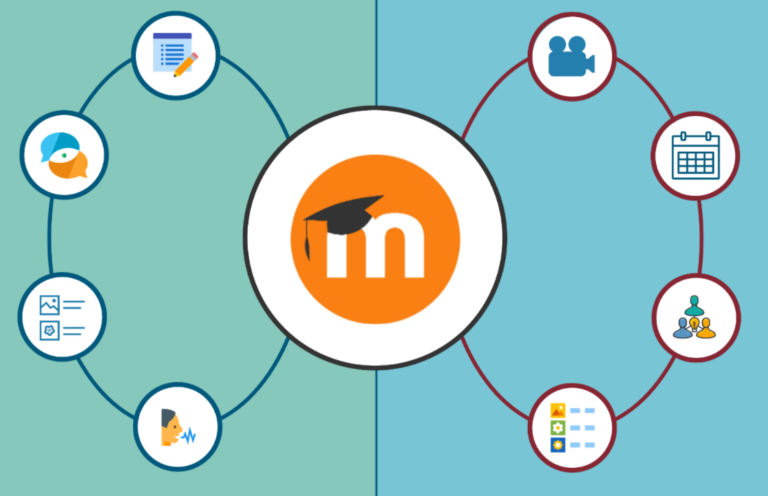Facilitating Creative Learning Series – Part 1
Nine months ago, one of my mentors suggested that I should check out Learning Creative Learning created by Lifelong Kindergarten at MIT Media Lab.
I hesitated for a moment because I was not sure if I would be able to complete this open online course. After all, the average completion rate of MOOC courses is about 15%. To my surprise, not only did I finish the entire course, but also go back and review some of the articles and resources provided by Mitchel Resnick and his lab team.
Learning Creative Learning is now officially a source of inspiration for me. The course materials are fun to read, the course structure is well-designed with 6 easily digestible modules, and the principles and strategies can be applied to any discipline at any school or university. I would recommend every educator to take the course if time allows.
However, if you do not have the time to finish the entire course, these are the things I think worth sharing:
- The spiral process of creative learning
- The core concepts of 4P’s: Project, Passion, Peers, and Play
- Strategies to foster creativity
The Spiral Process of Creative Learning
In the first chapter of the his most recent book Lifelong Kindergarten: Cultivating Creativity through Projects, Passions, Peers, and Play, Mitchel illustrates the spiral process of creative learning, an iterative process when someone engages in a creative activity.

According to Mitchel, IMAGINE is usually the first step, followed by actions to CREATE things. PLAY refers to a stage where people experiment or tinker. SHARE create spaces for collaboration and feedback. Reflect basically means “how might we improve,” typically guided by a teacher or facilitator.
As a spiral process, the creative learning cycle is iterative in its nature. That means students need to try out different ideas and approaches to solve problems and improve their solutions. In order to support the creative learning process, Mitchel introduced 4P’s: Projects, Peers, Passion, and Play.
In the next couple of posts, I will summarize some key learnings of Projects, Passions, Peers, and Play.
Meanwhile, if you have any questions or want to brainstorm together, please do not hesitate to contact me: junsong.zhang@kpu.ca
